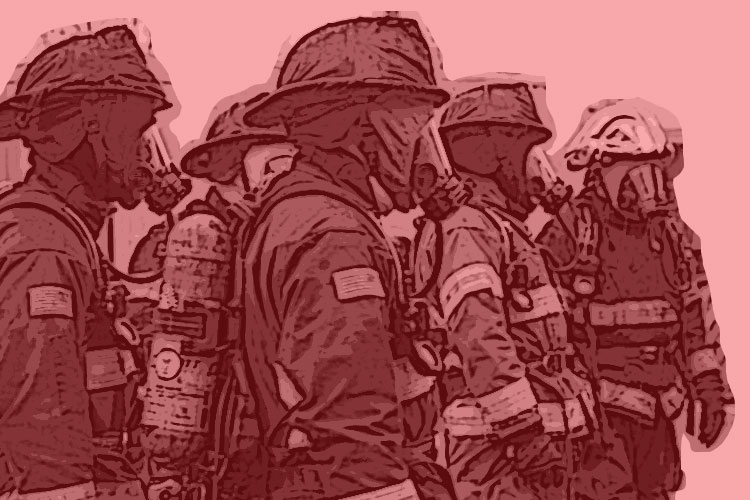
By Todd LeDuc
Cardiovascular disease continues to be the leading cause of death both in the United States of America and globally. According to 2022 statistics from the American Heart Association, it is estimated that 121.5 million America’s have high blood pressure, 100 million are obese, 28 million have Type 2 diabetes, and only 25 percent are achieving the recommended amount of physical activity. Additionally, it is estimated that greater than 80 percent of all cardiovascular events could have been likely prevented with a healthy lifestyle and modification of known cardiovascular risk factors. The United States Fire Administration (USFA) and National Fire Protection Association (NFPA) continue to document that the leading cause of firefighter on-duty death is cardiac events, with non-fatal cardiac events being even higher.
RELATED
- Restful or Restless?
- I’ll Sleep When I’m Dead
- Sleep: A Missing Link to Cancer Prevention
- The Sleepless Heart of the Fire Service
- Addicted to Awake: Sleep Deprivation in the Fire Service
The American Heart Association recently added an updated metric recommendation to what it has previously termed “Life’s Essential Seven.” The seven modifiable risk factors for overall prevention and cardiac wellness included: nicotine exposure, physical activity, diet, weight, blood pressure, blood glucose, and cholesterol. Adding the eighth metric and now rebranding their preventative efforts at awareness as the “Life’s Essential Eight” added healthy sleep as a key overall component of cardiovascular wellness. The sleep recommendations in particular call for 7-9 hours of nightly sleep for optimal heart health.
Sleep health may seem like an oxymoron to first responders. However, sleep hygiene can be taught and practices to aid in achieving optimal results. According to the Centers for Disease Control and Prevention (CDC), sleep hygiene includes:
- Being consistent. Go to bed at the same time each night and get up at the same time each morning, including on weekends; this is difficult for firefighters to achieve, given their schedules.
- Making sure your bedroom is quiet, dark, relaxing, and at a comfortable temperature.
- Removing electronic devices, such as TVs, computers, and smart phones from the bedroom.
- Avoiding large meals, caffeine, and alcohol before bedtime.
- Getting exercise. Being physically active during the day can help you fall asleep more easily at night.
We also know from the NFPA’s Better Heart project that, for firefighters, a majority of fireground cardiac deaths and events have subclinical coronary and left ventricle hypertrophy or structural enlargement. Both of these can be and should be screened for preventatively in high-risk patient populations exposed to the extreme rigor of stress and heat. These screenings would include cardio echo and a baseline cardiac calcification scoring.
Additionally, sleep monitoring systems are available, and as biometrically simple as OURA rings that link to phone apps that track the quality and quantity of restful sleep with coaching. Additional, annual medical evaluations can and should incorporate evidence-based screening tools for sleep health and wellness along with the other modifiable risk factors, patient education, and coaching.

Todd LeDuc, MS, CFO, FIFirE retired as the executive assistant chief of Broward County, Florida, and joined Life Scan Wellness Centers as their Chief Strategy Officer. He is a reviewer or both professional credentialing and agency accreditation with the Center for Public Safety Excellence and advisory board member of the First Responder Center of Excellence. He is a longtime board member of the International Association of Fire Chief’s Safety, Health & Survival Section and a technical committee member of the NFPA Standard on Occupational Health of First Responders. He is also the editor of the Fire Engineering book, Surviving the Fire Service. He can be contacted at Todd.LeDuc@lifescanwellness.com.
MORE
Firefighter Testicular Cancer: A Month of Raising Awareness
Fire Service Repetitive Head Trauma and Associated Implications

